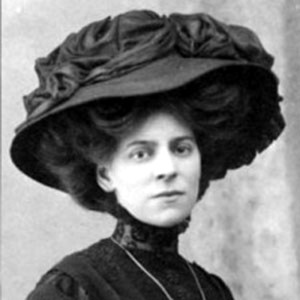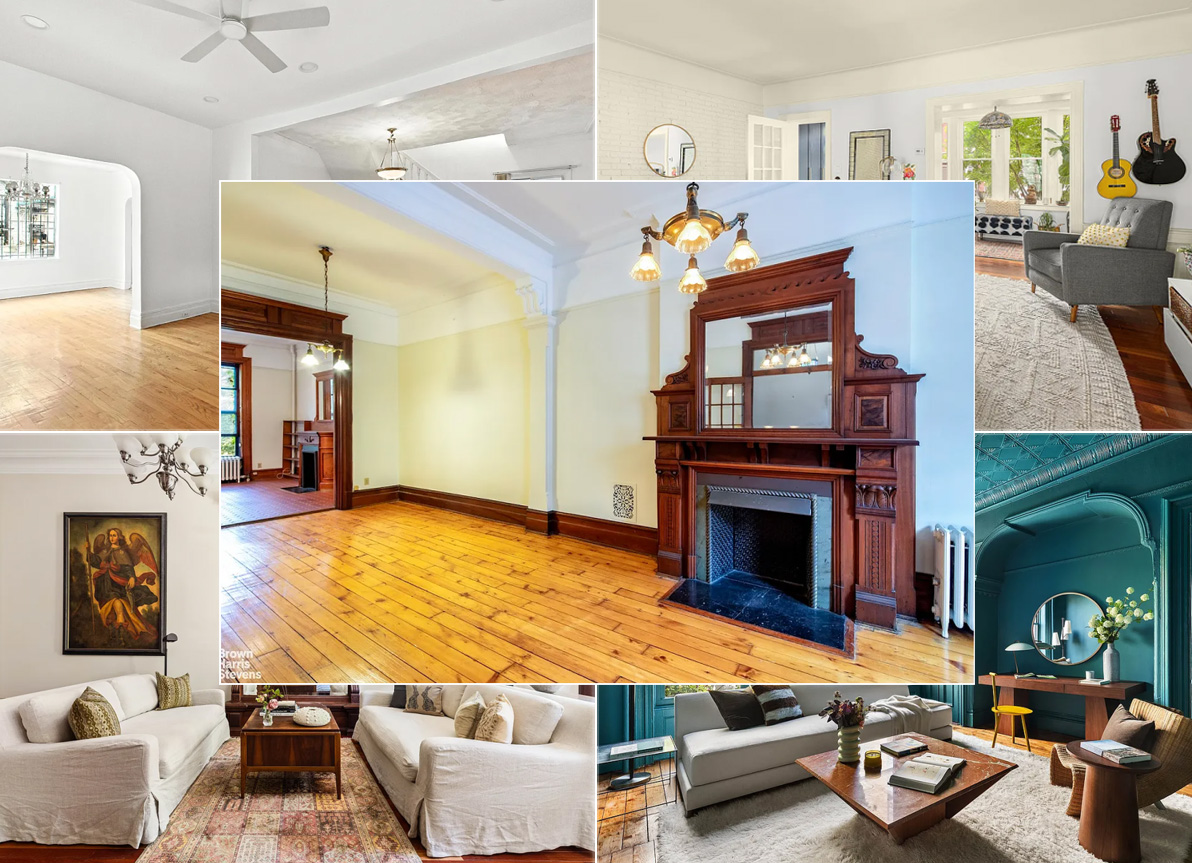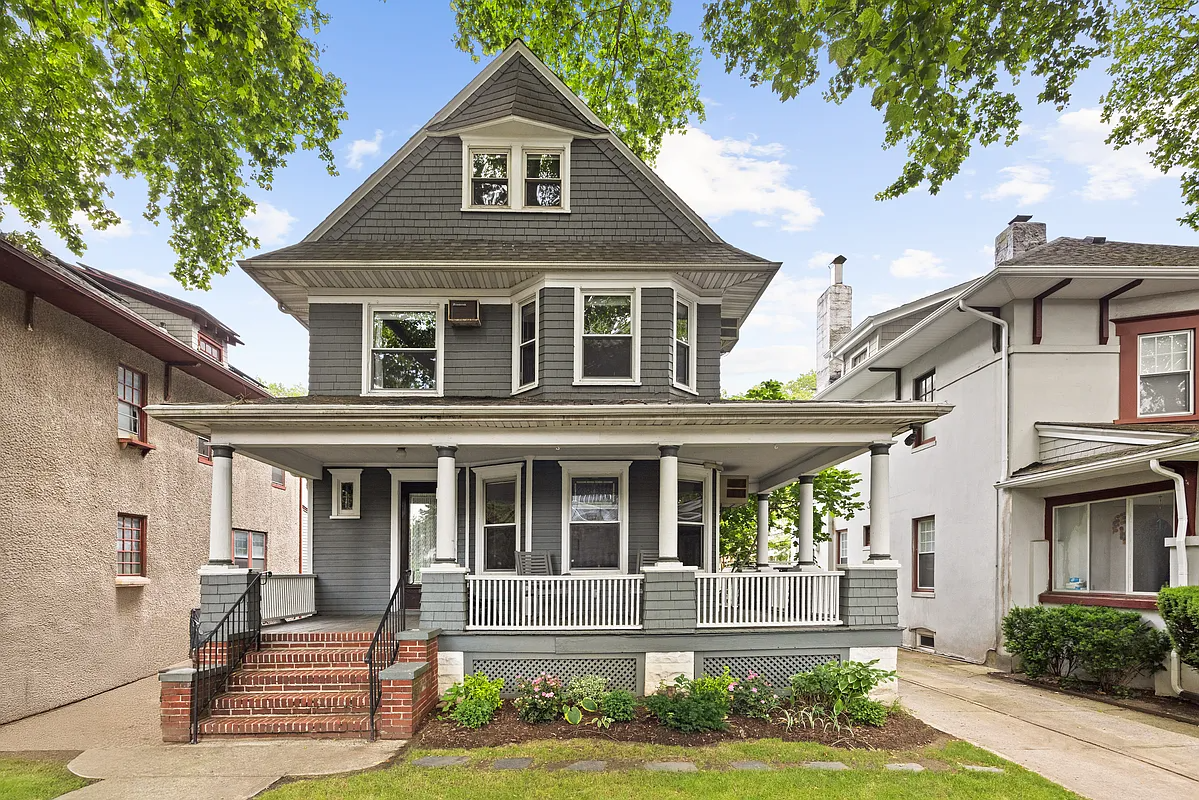Walkabout: A "Musica" Life, Part 1
Read Part 2, Part 3 and Part 4 of this story. Financial scandals, con games and ripoffs have been news since the invention of greed; so they’ve been around a long time. As our media and the 24-hour news cycle brings us news more quickly, every big Ponzi scheme, every large stock manipulation, every case…


Read Part 2, Part 3 and Part 4 of this story.
Financial scandals, con games and ripoffs have been news since the invention of greed; so they’ve been around a long time. As our media and the 24-hour news cycle brings us news more quickly, every big Ponzi scheme, every large stock manipulation, every case of massive embezzlement brings headlines as the “scandal of the year/decade/century.” There have certainly been some doozies; Bernie Madoff being the one most people remember recently, but he certainly wasn’t the first, or even the most ambitious con artist we’ve seen. His profit may have been higher because of the times we live in, but he came from a long line of very smart, ambitious and audacious takers.
One of the greatest entries in the Con Man Hall of Fame has to be a man named F. Donald Coster. His great scandal of the century broke in 1938, here in New York City in the middle of the Great Depression. But Coster wasn’t his real name, and names are very much a part of this story. His family name was really “Musica,” and he and his family were a well-tuned chamber ensemble of white-collar crime that went back well before 1938. Here’s their story.
The man who the world in 1938 knew as F. Donald Coster had many lives. Almost all of them were quite interesting. He was born Filippo Musica in Naples in 1877. His parents Antonio and Maria immigrated to New York City in 1883, with six year old Filippo in tow. They settled in Little Italy with thousands of recent Italian immigrants, and Antonio worked as a barber. By the time he was 14, Filippo had three brothers and a sister, and he had to quit school to go to work to help support the family. His father had established a small grocery store, A. Musica & Son. Filippo, who had Anglicized his name to Phillip, worked in the store diligently, and two years later, was running it.
By the time he was twenty, Phillip Musica had left the running of the store to his younger brother Arthur, and had gone into the import business, bringing in olive oils, pastas, spices and cheeses into the US from Italy. He bought directly from vendors and cut out the middle man, enabling him to have the most competitive prices in town. A. Musica & Son soon became one of the largest Italian food importers in New York. The family, which had moved to DeGraw Street in Brooklyn when the business took off, bought a bigger house in Bay Ridge, and Phillip became a leader in the growing Italian American community there.
By 1909, Phillip Musica represented the best in the Immigrant success story. He had his photograph in the papers overseeing his growing import business. His ability to buy directly from Italian vendors had given him an advantage over some of his competition, but it turns out he had some unfair advantages beyond amazing business savvy. Behind his successful business there was some serious funny business going on.
All of his foodstuffs had to pass through customs and be weighed and charged duties accordingly. Phillip paid off dock officials to replace the real bills of lading with fake ones, with much lighter weights. Consequently, he paid fewer tariffs on his shipments, splitting the difference with his customs cronies. The larger the orders, the more tariffs he saved, and was able to undercut his competition by huge amounts, becoming the most lucrative importer in town.
He wasn’t the only one doing this, the docks were overrun with thievery of one kind or another, and finally in 1909, Mayor George McClellan, the son of a former Civil War General, decided to clean up the East River docks. In the course of his crack down on illegal dock activities, his investigators found out about Musica’s scams, and shut them down. Both Phillip and his father Antonio were arrested, and charged with tax evasion, tax fraud and bribery.
Phillip agreed to plead guilty in exchange for his father’s charges being dropped; telling the court that his father didn’t know what was going on. His father’s signature was on several of the fake invoices, and he had to have known, but the courts took the deal. Phillip was sentenced to a year in prison, but was pardoned by President William Howard Taft, and only served six months.
After getting out of jail, Phillip Musica decided to go into another industry. The docks and food imports were being taken over by the Mafia, and Phillip was not a Cosa Nostra type of guy. While doing his time in Elmira, he had a lot of time to make plans and come up with something that no one else was going to horn in on, or take profits away from him. With his mother’s help, he decided to go into the hair business. He started a business called United States Hair Company.
The hairstyles of the day often involved a little help for women whose hair was not long enough or thick enough for the upsweep rolls and buns that supported the large hats that were in fashion, no matter what your income group was. Women augmented their own hair with bound up attachments called “rats” that one rolled their own hair around, and pinned in. The rats were mostly made from inexpensive Chinese hair and were not visible when used correctly. Lower income women also used their own hair, collecting it from their hairbrushes and wrapping it in netting, but that took time. Ready made rats and nests were the way to go.
But more and more hair was soon needed for the large upsweep styles, and women began buying braids and longer extensions called “switches” to get the desired look, not just rats. Chinese hair was the wrong texture for many women, so hair was imported from European countries, where poor women were encouraged to sell their long hair. The best European hair was worth $80 or $800 a pound in 1910. (I found both figures in sources, either way, it was highly profitable. $800 would be wowza!)
This time Phillip enlisted his mother in the business. He sent her to Europe to secure shipments of hair for import. He also had her gather nearly worthless short lengths of hair from barbers, hair stylists, prisons and orphanages and box them all up. They then put the long expensive hanks of hair on top, and shipped them to the US. Of course, they sold enough good products to get the business going, and soon it was doing quite well. Better than the olive oil and cheese. The family, now with nine members, was able to buy a large mansion in Bay Ridge.
While in Italy, Mrs. Musica went to Italian and other European banks to try to get them interested in loaning United States Hair Company some big bucks. They were impressed with the company’s books and volume of sales and made loans that enabled US Hair to open satellite offices in several European cities. In 1912, US Hair was capitalized for $12 million, with $600,000 in assets, mostly in human hair located abroad. Phillip Musica took the company public in November of that year, and the price of his stock immediately jumped from $2 a share to $10, making him an instant millionaire.
Unfortunately, like a teased and poufed-up pompadour, there was nothing there but hairspray. The European satellite offices were nothing but mail drops designed to make the company look larger and more profitable. Two British banks got suspicious of the company’s financing and refused to honor some large company drafts, causing the whole thing to topple. Banks began calling in loans and cancelling credit, and Phillip had to scramble to try to keep the hair scam going.
Musica tried to get one more $340,000 loan from the Bank of Manhattan, and put up an incoming shipment of 216 crates of hair as collateral. But a sharp eyed bank clerk found an altered bill of lading, sending investigators from the bank down to the docks and the US Hair’s warehouse to inspect the crates of hair. They opened them up, and found boxes of ends and short pieces, with the expensive hair on top. The entire shipment was only worth about $250.
Hearing from his sources that the banks had contacted the federal authorities, Phillip Musica and his family took everything of value that they could get from their Bay Ridge mansion and hit the road. They split up, promising to meet in New Orleans, where the entire family would get on a boat to Panama. But Phillip, the great planner, had made a mistake. He had purchased a $12 steamer trunk from his Manhattan pied-a-terre, the Knickerbocker Hotel, and had them ship his clothing to the docks in New Orleans. A private investigator tracked down the trunk, and the federal authorities were waiting when the Musica’s gathered at the pier to make their escape.
Next time: You think this story is over? It’s barely begun. Read Part 2, Part 3 and Part 4 of this story.
Top photo: Early-20th-century Edwardian woman. Photo via hair-and-makeup-artist.com





What's Your Take? Leave a Comment